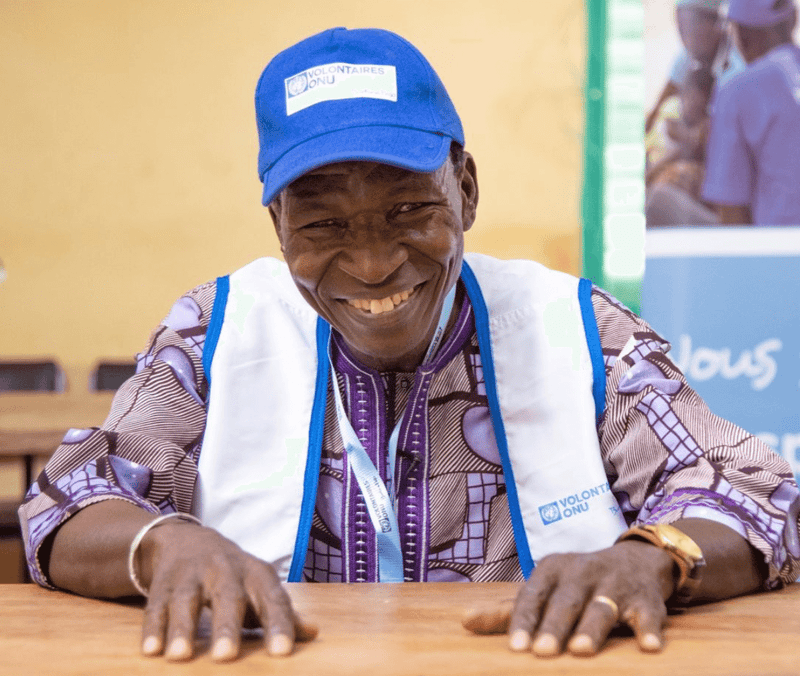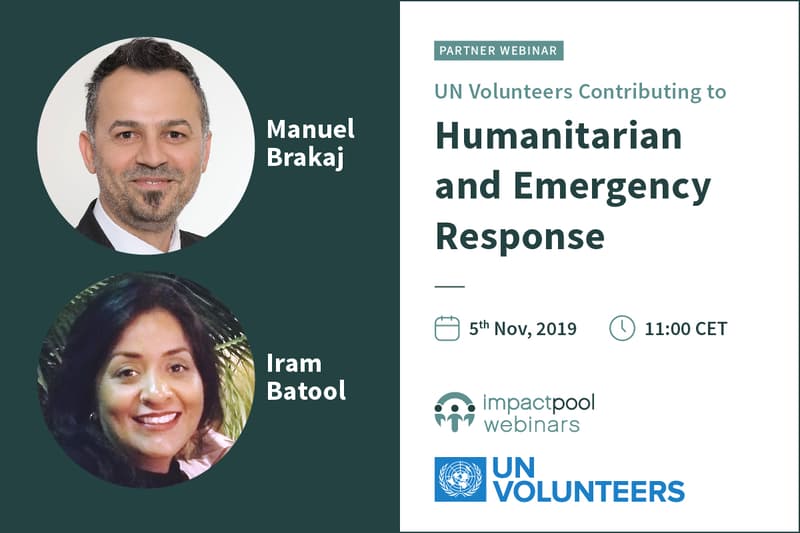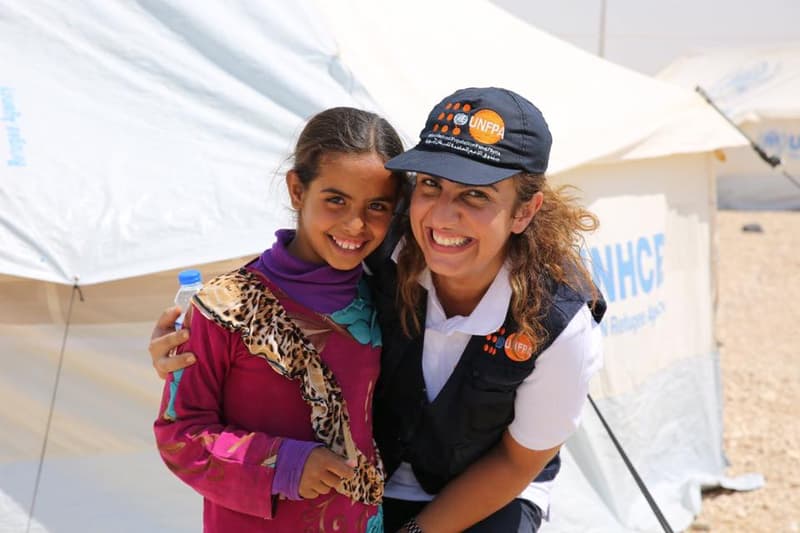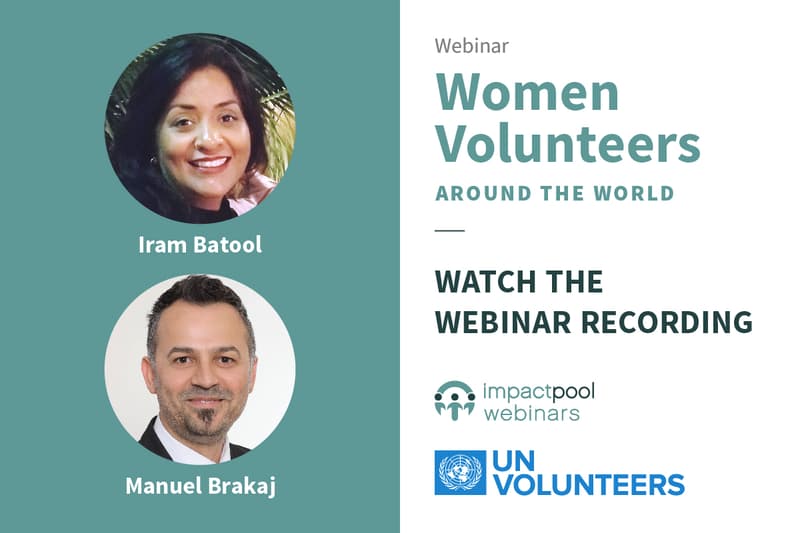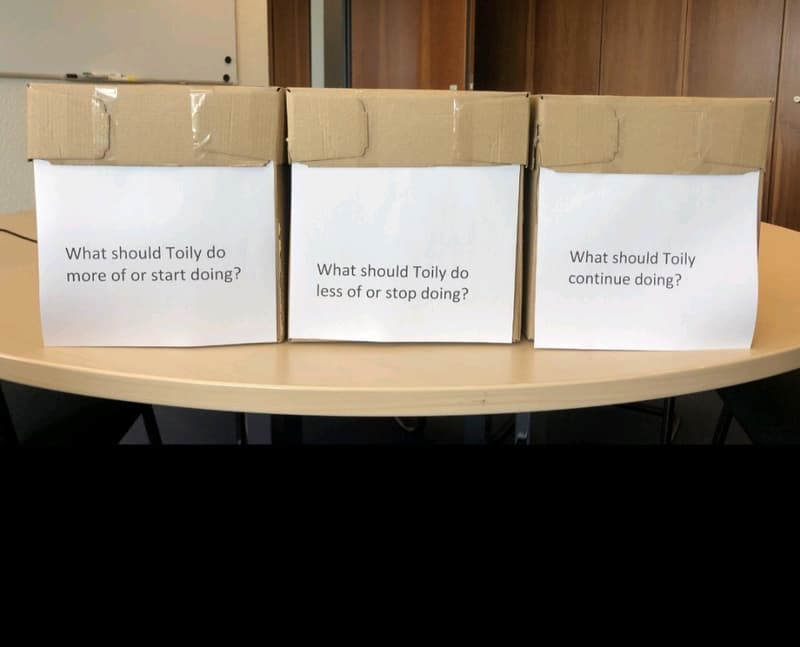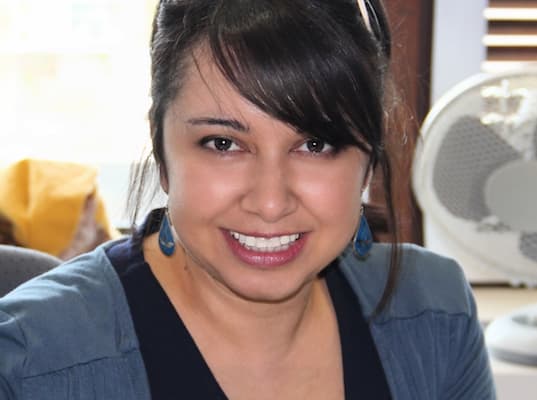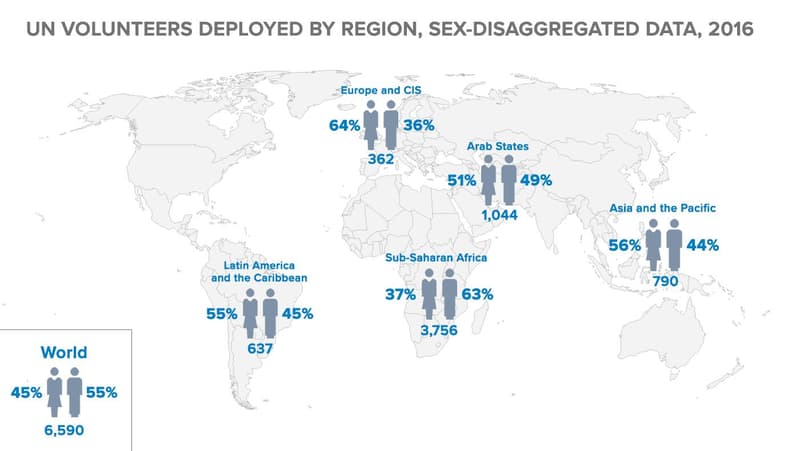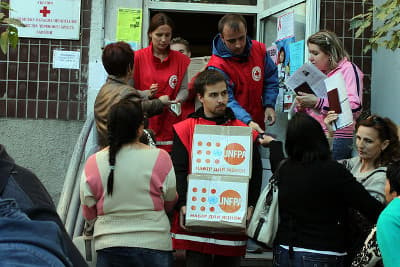Translation of two reports from Portuguese to English
Brazil
- Organization: UNV - United Nations Volunteers
- Location: Brazil
- Grade: Level not specified - Level not specified
-
Occupational Groups:
- Translations and Languages
- Closing Date: 2023-12-01
Details
Mission and objectives
Our mission is to ensure enrichment of the knowledge and information resources about the unreached and under developed communities through research and capacity building for their socio-economic and political development.
Context
Globally, more than 260 million people are victims of Discrimination based on Work and Descent (DWD). This type of discrimination is defined by the UN as any distinction, exclusion or restriction based on inherited status such as caste, including present or ancestral occupation, family, community or social origin. This form of discrimination is different from racism and CDWD are different from minorities as the discrimination they face usually takes place within their own ethnic/religious/linguistic group. The caste-system in Asia is the most commonly known example of descent and work-based discrimination globally. Dalits (formerly known as untouchables) are the largest DWD community. However, in Africa, Europe, Latin America and North America the phenomenon of descent and work-based discrimination is also common, enforced through complex cultural beliefs and behavioural systems. The Haratins in Africa, the Roma/Romani in Europe, the Burakumin in Japan, and the Quilombolas in Brazil are a small selection of various groups who experience oppression through discrimination on work and descent. Across the world, Communities Discriminated on Work and Descent (CDWD) do not share a common culture or language, but a common scarring from similar hierarchical social structures which ascribes them to a state of devalued personhood due to their work and descent and through concepts of purity and pollution, forced endogamy, stigmatised and exploitative forms of labour and enslavement. There is a cruel lack of measurable and credible data to better evaluate the situation of CDWD in each country, as well as understanding the needs and specificities of each Community. For this reason, experts on Communities Discriminated on Work and Descent across the world have worked to produce reports on the status of CDWD in their countries/regions. Translation in English and other languages is the next step to achieve a broad diffusion and resonance around this collective work.
Task description
Translation from Portuguese to English of two reports (around 50 pages for each report) on the status of Communities Discriminated on Work and Descent (CDWD) in Brazil (national report) and in Latin America (regional report) towards publication. The translation of one report needs be completed within 3 weeks (1 person for translation and 1 person for proof reading per report).

